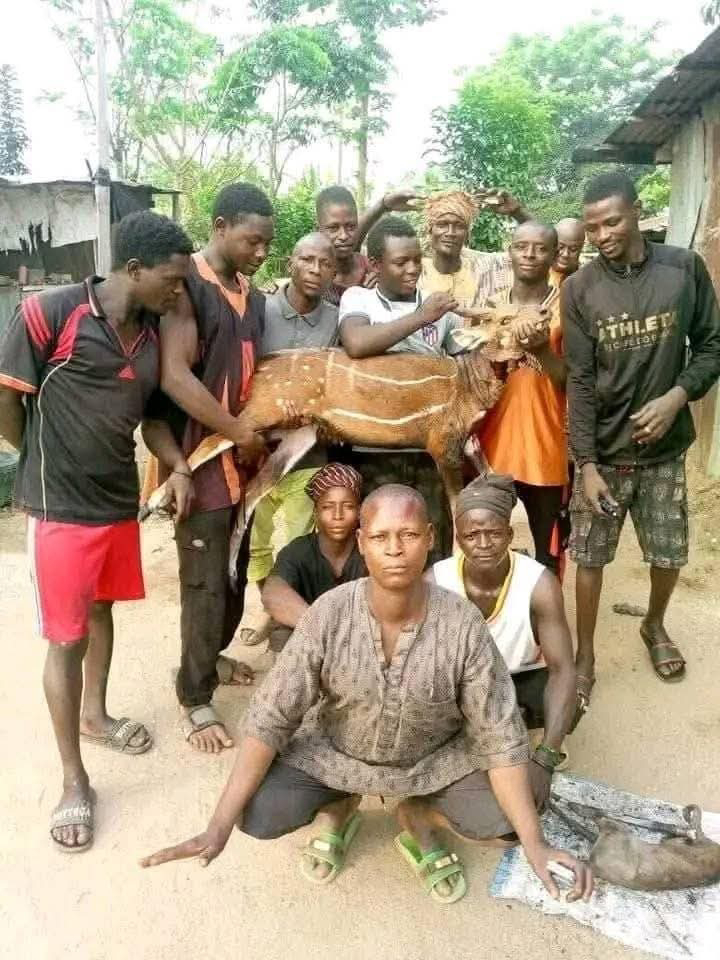Since 2013, Nigeria has witnessed numerous violent attacks attributed to armed herdsmen, resulting in significant loss of life and displacement. Many of these incidents remain unresolved, with perpetrators yet to be brought to justice. From the Agatu massacre in Benue to the killings in Enugu and Anambra, a disturbing pattern has emerged—one where southern communities bear the brunt of these attacks while justice remains elusive.
The recent Uromi killings in Edo State, where a mob lynched 16 individuals suspected of being kidnappers, further underscores the growing insecurity and communal tensions in Nigeria. The incident raises serious concerns about the breakdown of trust in security agencies and the desperation of communities left to defend themselves in the absence of state protection. However, while swift actions are often taken when suspected criminals are southern indigenes, similar urgency is rarely seen when victims of herdsmen attacks demand justice.
A Legacy of Unresolved Crimes
Between 2013 and 2023, thousands of Nigerians, mostly from the Middle Belt and southern regions, lost their lives in herdsmen attacks. Some of the most devastating incidents include:
2015 (Benue State): 17 people killed in Agatu LGA; over 90 massacred in Egba village; 100 killed in Ukura, Gafa, Per, and Tse-Gusa.
2016 (Benue State): Over 500 killed and 7,000 displaced in Agatu LGA.
2018 (Benue State): 50 people, including members of the Benue State Livestock Guards, killed in coordinated attacks.
2022 (Enugu & Anambra States): 15 killed in Eha-Amufu, Enugu; 17 killed in Enugwu Ukwu, Anambra.
Despite these large-scale atrocities, the response from security agencies has been slow and ineffective. Amnesty International has consistently reported that the Nigerian government’s failure to protect rural communities and hold perpetrators accountable has left these populations vulnerable to continued attacks.
A Double Standard in the Justice System?
While herdsmen attacks have led to mass killings without swift arrests or prosecutions, the response to the Uromi incident reveals a stark contrast. Authorities quickly launched investigations and vowed to bring perpetrators to justice. The question remains: Why has this same level of urgency been absent in cases where southern communities are the victims?
This apparent bias sets a dangerous precedent—one where communities feel abandoned by the state and resort to self-defense, further escalating tensions. Without justice for past crimes, impunity thrives, and violence becomes the norm.
A Call for Justice and Accountability
The Nigerian government must take immediate and decisive steps to address the long-standing issue of herdsmen attacks and ensure that justice is served for all victims, regardless of their region or ethnic background. The selective approach to law enforcement must end.
For peace and stability to return, the government must:
1. Strengthen security in rural communities.
2. Investigate and prosecute all perpetrators of violent crimes.
3. Ensure equal treatment of victims, regardless of geography.
Until these steps are taken, the cycle of violence, retaliation, and loss of faith in state institutions will continue. The Uromi killings and the history of herdsmen attacks are a wake-up call—Nigeria must act now before further divisions tear the nation apart.



















0 Comments